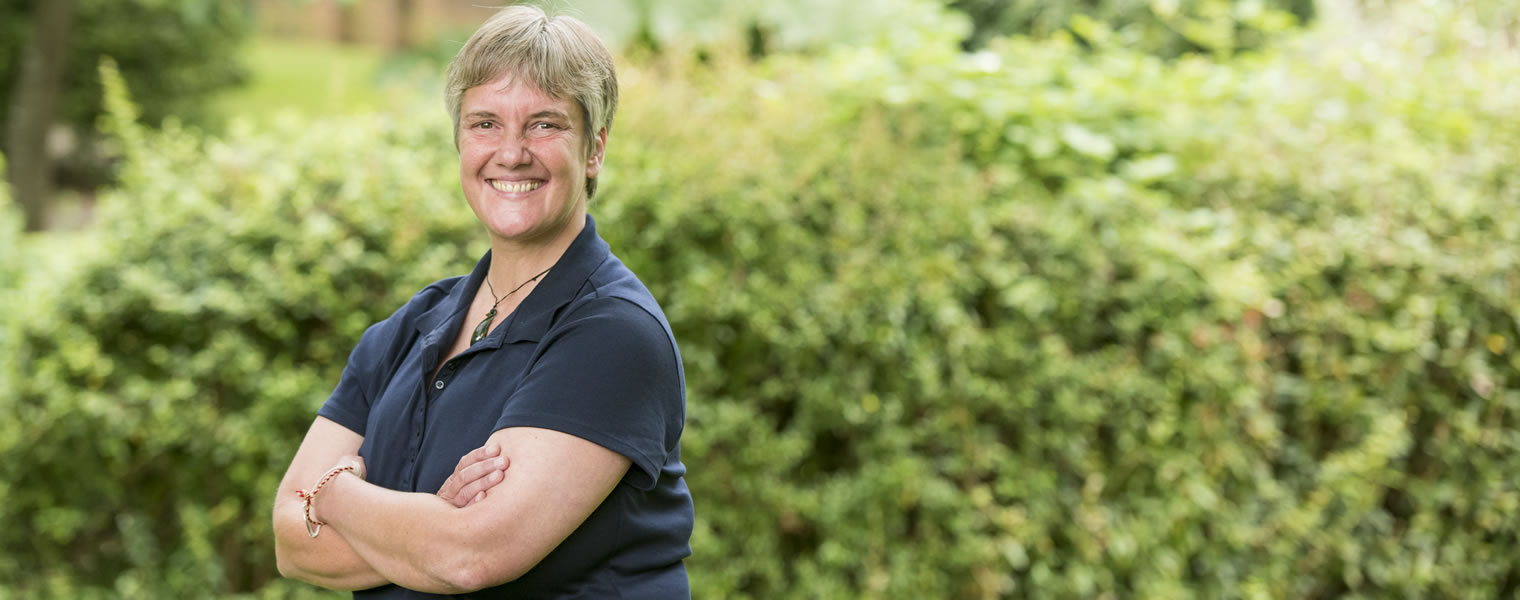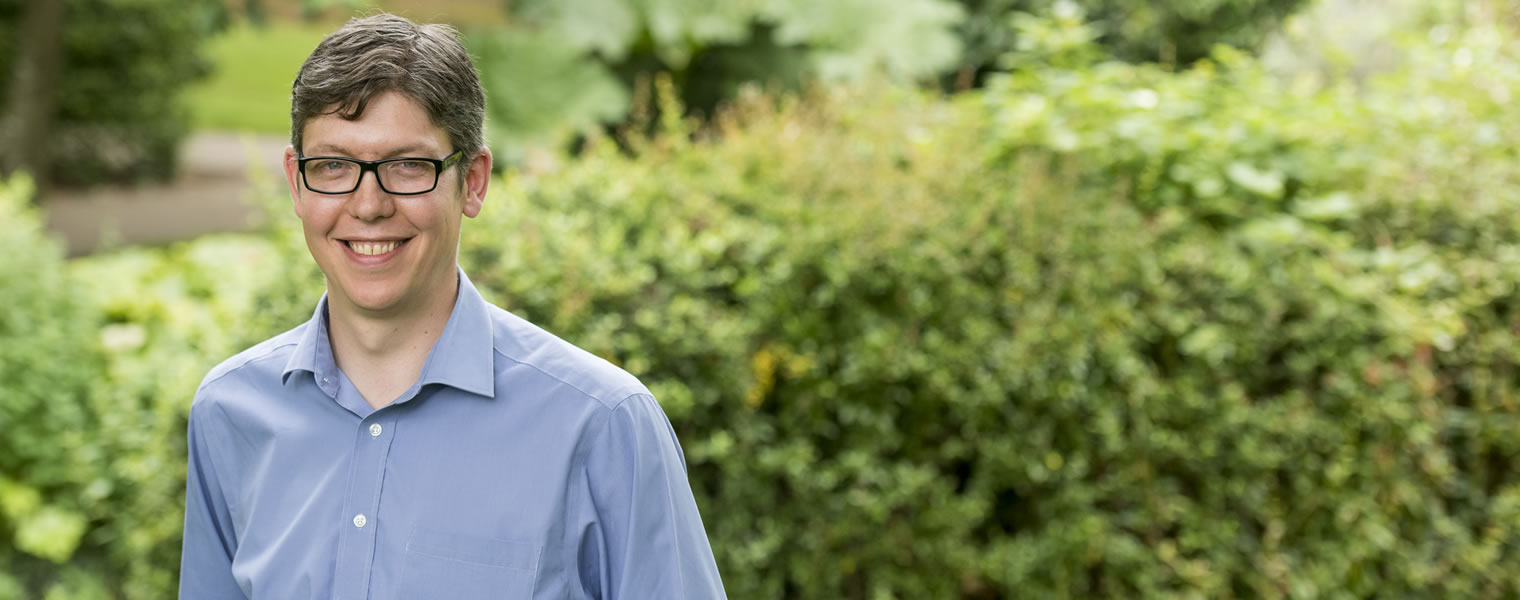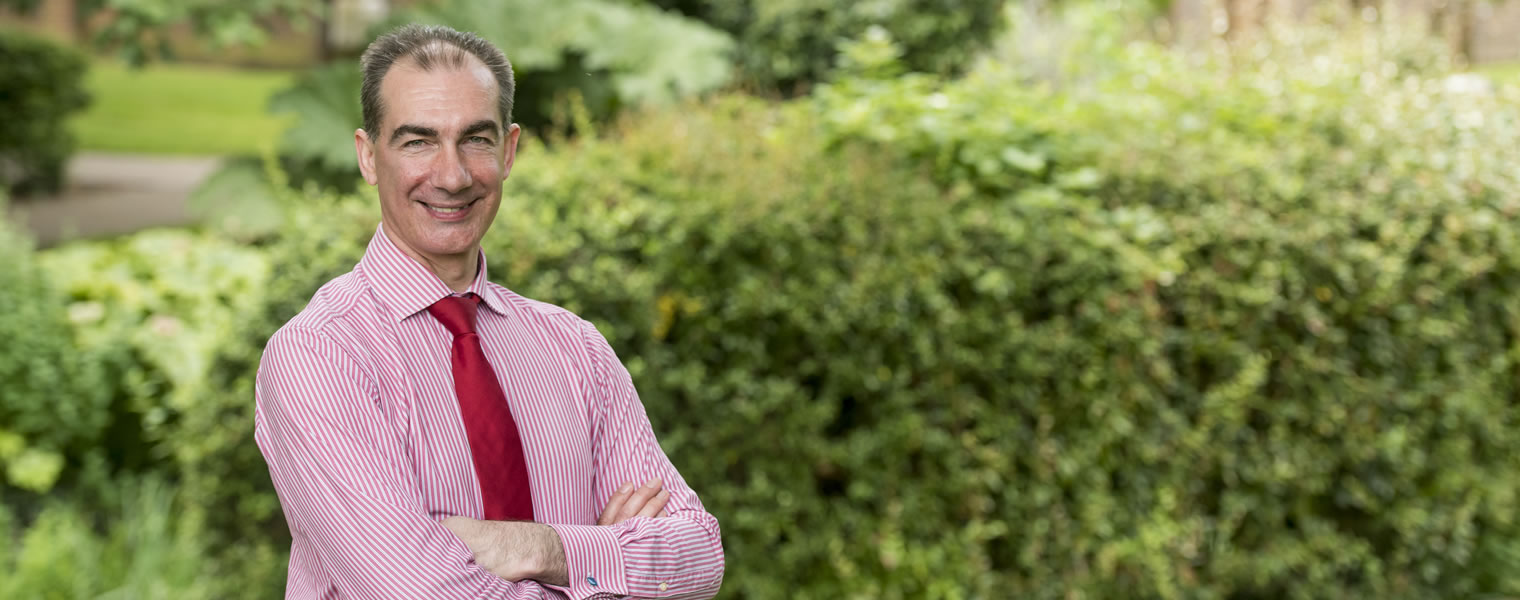Hartley News Online Your alumni and supporter magazine
At the end of August we were proud to announce that the Higher Education Academy had honoured three of our leading academics by awarding them with prestigious National Teaching Fellowships (NTFs).
Professorial Fellow David Read from Chemistry, Associate Professor Dr Judith Holloway from Medicine and Lecturer in Mental Health James Wilson from Health Sciences have been recognised for their individual excellence, for raising the profile of excellence and for developing excellence throughout their careers.
Professor Simon Kemp, Head of the University’s Centre for Environmental Science and leader of Southampton’s NTF Scheme programme, praised his colleagues’ success:
The quality of their work is genuinely, nationally leading and for the University to be just one of two UK universities to have three new National Teaching Fellows awarded this year is testament to the quality of these individuals personally and professionally.
Southampton Connects Staff finds out more about what inspires these exceptional and innovative educators.
Dr Judith Holloway, Associate Professor within Medicine, Programme Director MSc Allergy
Having nearly died from her allergies a number of times, Dr Judith Holloway, Associate Professor within Medicine, has made it her mission to use her experiences to inspire and educate a new generation of allergy experts.
Judith has been transforming the education experience for the MSc Allergy course, for which she is the Programme Director, since taking on the programme in 2007. Her impact on the course is such that it has been awarded World Allergy Organisation Centre of Excellence status for 2014-19, and receives endorsement from the British Society for Allergy and Clinical Immunology (BSACI) and the European Academy of Allergy and Clinical Immunology (EAACI).
Judith says: “My lifelong experience as a patient with allergies that affect both mine and my family’s quality of life, has driven my passion to be involved in research and education in allergy. I give my students the knowledge and skills to enable them to save lives and improve quality of life in thousands of people living with allergy worldwide.”
Commenting on her National Teaching Fellowship, Judith said:
I feel humbled, it is a real honour.
Professor David Read, Professorial Fellow in Chemical Education and Head of Education in Chemistry
Professor David Read is a leader in innovative teaching who harnesses the power of technology to inspire the minds of the next generation. His appointment as National Teaching Fellow demonstrates the impact that his teaching methods have had on not only his students, but the Higher Education community on an international scale.
David commented:
Many of the people who have inspired me in the Chemistry education community are National Teaching Fellows. To become one myself and hopefully be able to inspire others is a fantastic privilege.
David describes his approach to teaching: “I bring chemistry to life through imaginative use of technology, empowering students to take responsibility and to set high expectations. I am motivated to share my work with others, helping them learn from my experiences as I disseminate innovative practice.
“My fundamental goal is to inspire students to seek deep understanding of the subject rather than relying on the rote-learning that blighted my own studies.”
It is his innovative approach to ‘in-lab’ education that allows David to stand out from the crowd. Along with his PhD students, he is leading a project to develop the world’s first Laboratory Response System, which he names ‘Labdog.’
This technology will allow students to answer conceptual questions as they carry out their practical work, ensuring that students get more out of their time in their lab than just following a pre-organised process.
Using this technology, staff are able to see and respond to students’ questions and answers, which ensures they get instant, personalised feedback, and has changed the way students in their Foundation Year at Southampton carry out practical tasks.
James Wilson, Lecturer in Mental Health
James described doing a “dance of joy” after finding out about his fellowship, “because it’s an extremely distinguished honour.”
As a registered mental health nurse with experience in the police, James Wilson has utilised his public sector background and pioneered the use of a range of interactive theatre techniques to link ‘difficult to teach’ theory to the complexities of clinical practice.
His highly innovative techniques provide immersive and powerful tools that allow students to explore and change outcomes of real healthcare practice scenarios.
James has been teaching his students using interactive theatre for over ten years. It is his belief that this interactive methodology allows students to experience working with patients in certain situations in a safe and familiar setting, with the ability to feedback, reflect and improve, preparing them well for life after education.
“I believe the student experience is the beating heart of learning, which is underpinned by the provision of dynamic memorable experiences leading to well-prepared graduates performing with distinction in the work place and changing lives for the better,” says James.
They are designed to engage, stimulate and transform the students’ thinking, feelings and behaviour on care issues to create insightful and reflective practitioners.



